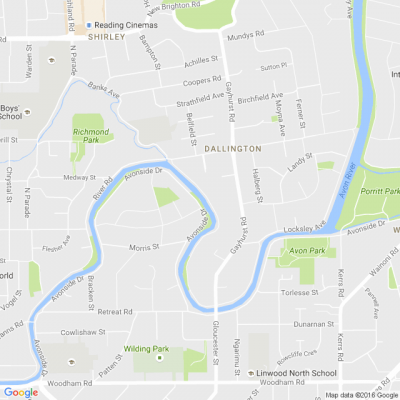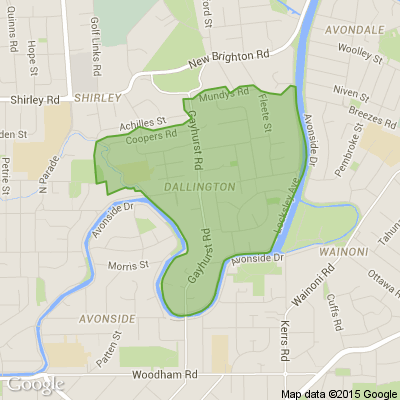What are essential businesses?
What are essential businesses?
This list may evolve over time.
Sectors Entities providing essential services (including their supply chains)
Accommodation
Accommodation services for essential workers and people who need to be isolated/quarantined
Border
Customs New Zealand, Immigration New Zealand and the Ministry for Primary Industries.
Building and construction
Building and construction related to essential services, critical infrastructure, or immediately needed to maintain human health and safety at home/work
Courts, tribunals and the justice system
Courts of New Zealand and tribunals
Critical Crown entities (eg Electoral Commission)
Fast-moving consumer goods
Businesses involved in the supply, delivery, distribution and sale of food, beverage and other key consumer goods (but not takeaway shops)
Financial services
Banks, insurers and other financial institutions
Health
Hospitals, primary care clinics, pharmacies, medical laboratories, care facilities
Ambulance services
Mortuary services
Local and national government
Any entity involved in COVID-19 response or that has civil defence/emergency management functions
Key public services
Primary industries, including food and beverage production and processing
Packaging, production and processing of food and beverage products
Food safety and verification, inspection or associated laboratory services, food safety and biosecurity functions
Veterinary and animal health/welfare services
Public safety and national security
Emergency services
Security and intelligence services
Justice system
Public safety and national security roles
Science
Any entity (including research organisations) involved in COVID-19 response, hazard monitoring, resilience, diagnostics for essential services
Social services
Welfare and social services, including NGOs, which meet immediate needs (further guidance will be provided)
Transport and logistics
Transport services
New Zealand Post and courier services
Any small passenger service vehicle driver – including taxis and ride-share services
Utilities and communications, including supply chains
Electricity, gas, water, waste, fuel, telecommunication services, internet providers and media.
These businesses will continue working, but will put in place alternative ways of working to keep employees safe, including shift-based working, staggered meal breaks, flexible leave arrangements and physical distancing.
Neighbourhood Challenge: Who Can Crack This One? ⛓️💥❔
What has a head but no brain?
Do you think you know the answer? Simply 'Like' this post if you know the answer and the big reveal will be posted in the comments at 2pm on the day!
Want to stop seeing these in your newsfeed?
Head here and hover on the Following button on the top right of the page (and it will show Unfollow) and then click it. If it is giving you the option to Follow, then you've successfully unfollowed the Riddles page.

Some Choice News!
Many New Zealand gardens aren’t seeing as many monarch butterflies fluttering around their swan plants and flower beds these days — the hungry Asian paper wasp has been taking its toll.
Thanks to people like Alan Baldick, who’s made it his mission to protect the monarch, his neighbours still get to enjoy these beautiful butterflies in their own backyards.
Thinking about planting something to invite more butterflies, bees, and birds into your garden?
Thanks for your mahi, Alan! We hope this brings a smile!








 Loading…
Loading…





